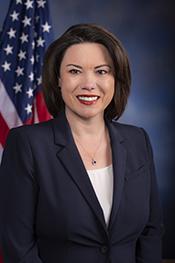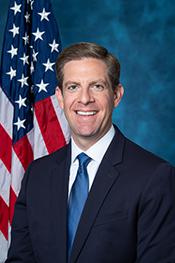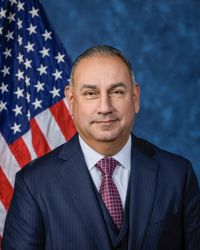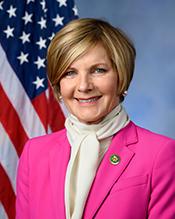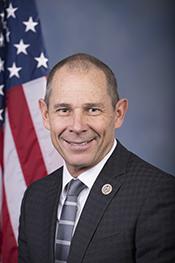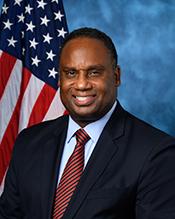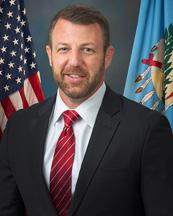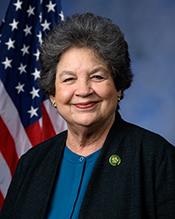H.R. 3755: Safe Stay Act
This bill, titled the Safe Stay Act, proposes amendments to the Federal Fire Prevention and Control Act of 1974 with the aim of enhancing fire safety in public accommodations. Here are the key provisions:
Mandatory Installation of Carbon Monoxide Alarms
The bill requires that all places of public accommodation—such as hotels, motels, and similar facilities—must have compliant carbon monoxide alarms installed in each sleeping or dwelling unit. The alarms must follow established safety standards, specifically the latest guidelines from the National Fire Protection Association and the International Fire Code.
Definitions and Standards
To clarify the requirements:
- Compliant Carbon Monoxide Alarm: These are defined as alarms installed according to recognized standards, ensuring their effectiveness and reliability.
- National Fire Protection Association Standard 72: This refers to the latest edition of the safety code related to fire alarms and signaling, which governs the proper installation of carbon monoxide alarms.
- International Fire Code: This is the standard pertaining to fire safety in buildings, including public accommodations.
Information Dissemination
The bill requires updates to safety information dissemination to include details about the installation of compliant carbon monoxide alarms alongside smoke detection systems. This is meant to ensure that guests are informed about the safety measures in place.
State Responsibilities
States will be required to update their lists of safety compliance to reflect these new carbon monoxide alarm requirements. This involves coordination with the Federal Emergency Management Agency (FEMA) to ensure consistent safety standards across the country.
Notification to Guests
Owners or operators of places of public accommodation must inform guests during check-in, providing written confirmation that the facility meets the carbon monoxide alarm requirement. This ensures that guests are aware of the safety measures implemented for their protection.
Enforcement and Regulations
The Federal Trade Commission (FTC) will be responsible for enforcing compliance with these requirements. Violations will be treated as unfair or deceptive practices, subjecting offenders to the same powers and penalties associated with other regulatory violations under the Federal Trade Commission Act. The FTC will also have the authority to establish regulations to facilitate enforcement of this act.
Effective Date
This provision will take effect one year after the enactment of the bill, allowing time for public accommodations to comply with the new requirements.
Relevant Companies
- EXPE: Expedia Group, being a large online travel agency, may be impacted as accommodations (hotels) listed on their platform will need to ensure compliance with the new alarm regulations, potentially influencing their operations and partnerships.
- MAR: Marriott International, as a major hotel chain, will need to implement the required carbon monoxide alarms in its properties, which may involve significant costs and operational adjustments to meet these requirements.
- HLT: Hilton Worldwide Holdings may face similar challenges as Marriott in updating their safety measures across their hotels to comply with the new law.
This is an AI-generated summary of the bill text. There may be mistakes.
Sponsors
2 bill sponsors
Actions
2 actions
| Date | Action |
|---|---|
| Jun. 05, 2025 | Introduced in House |
| Jun. 05, 2025 | Referred to the Committee on Science, Space, and Technology, and in addition to the Committee on Energy and Commerce, for a period to be subsequently determined by the Speaker, in each case for consideration of such provisions as fall within the jurisdiction of the committee concerned. |
Corporate Lobbying
0 companies lobbying
None found.
* Note that there can be significant delays in lobbying disclosures, and our data may be incomplete.
